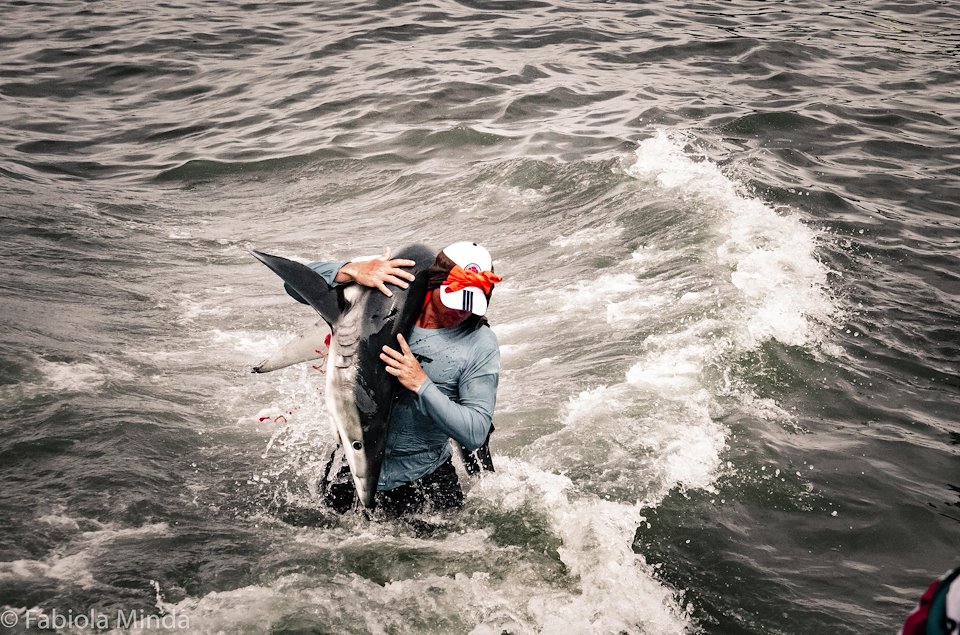
© Fabiola Minda 2019 All rights reserved
In Ecuador, fishing sharks is forbidden and only allowed when it’s accidental. Fishers will bring the shark to the ports only when they cannot fill their boats with higher value species. Otherwise, they simply take away the fins that have great commercial value and discard the shark’s remains into the sea.
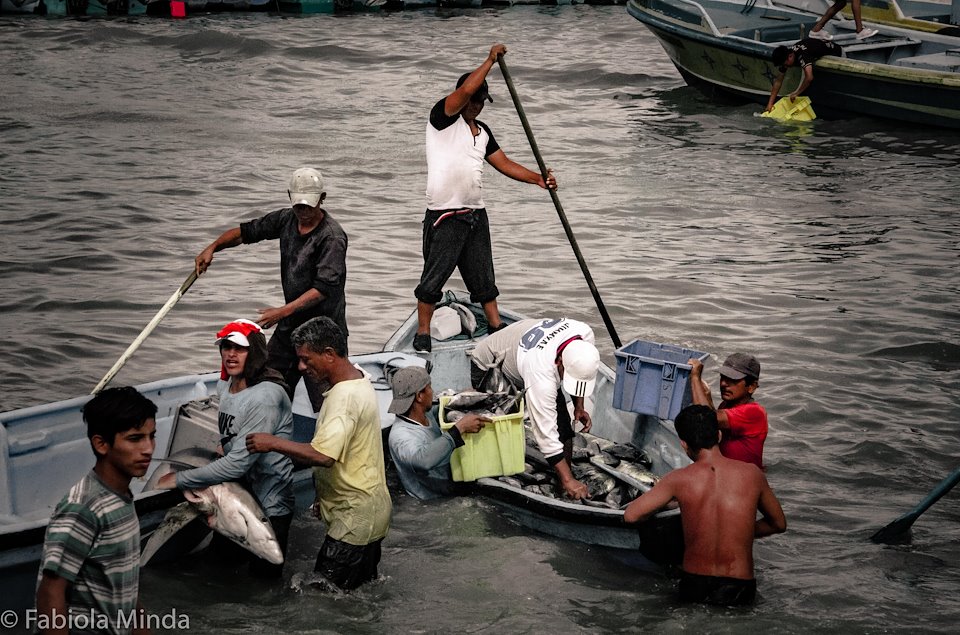
© Fabiola Minda 2019 All rights reserved
A complete set of fins costs around $ 75, three times more than the body of the same animal,
That value is increased to about 500 dollars if it is a set of fins belonging to the species known as “comeperro”, that can measure up to four meters long.
The final market is Hong Kong, most likely being transported via Peru.
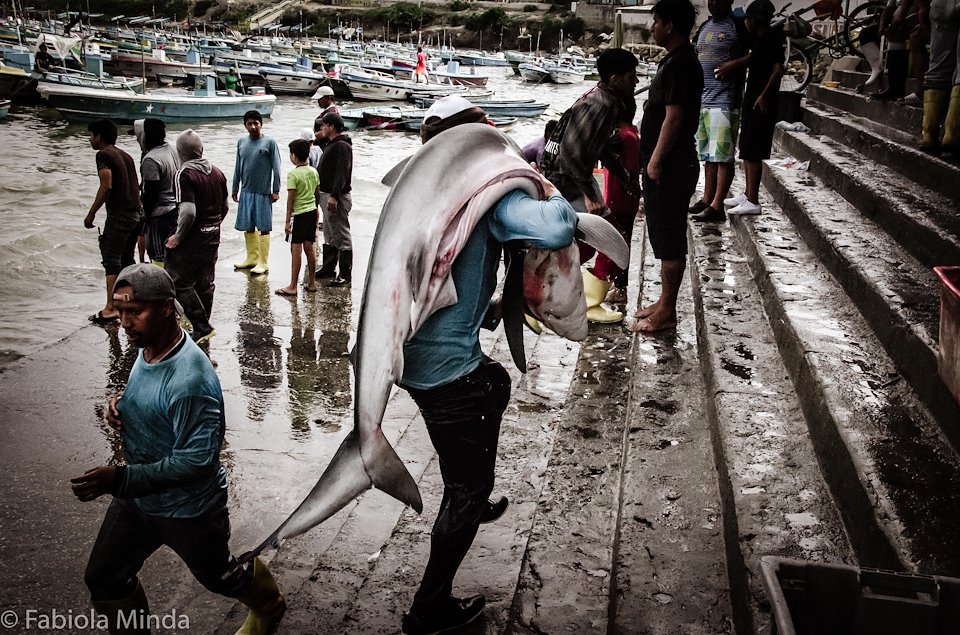
© Fabiola Minda 2019 All rights reserved
The fisherman brings the shark to the market of Santa Rosa

© Fabiola Minda 2019 All rights reserved
Stingray fishing is prohibited in the maritime territory of Ecuador for being an endangered species. The Ecuadorian law says that in the case of being captured by accident, alive or dead they should be returned to the ocean.
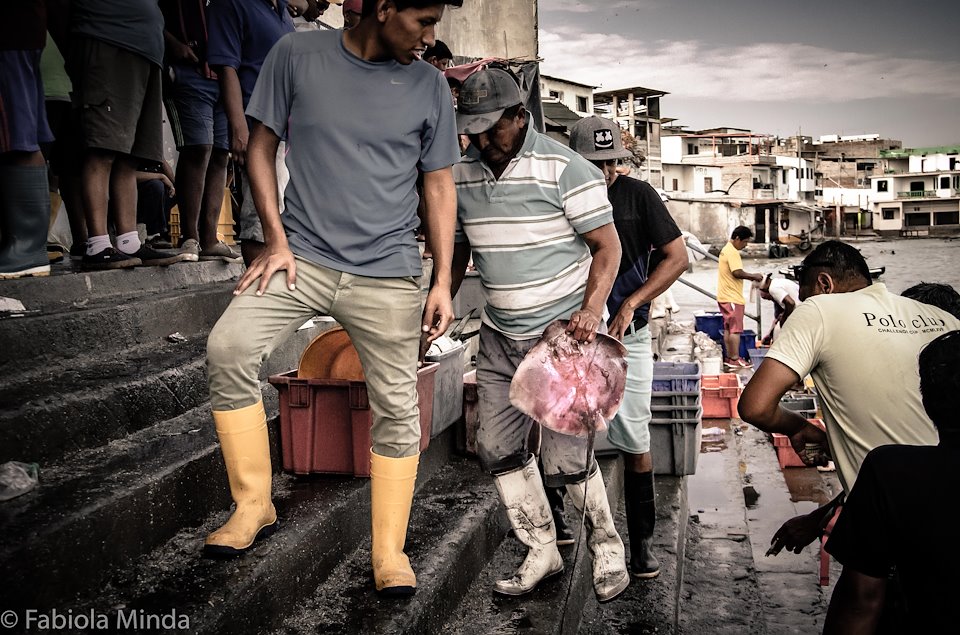
© Fabiola Minda 2019 All rights reserved
The stingrays captured by accident are kept and sold to foreign countries in most cases. A big market is China, where they extract their gills, as it is a fundamental part of a remedy that they sell as a purifier. Other markets are Europa, USA, and Asia, where they’ll eat them and use their skin for making leather objects.
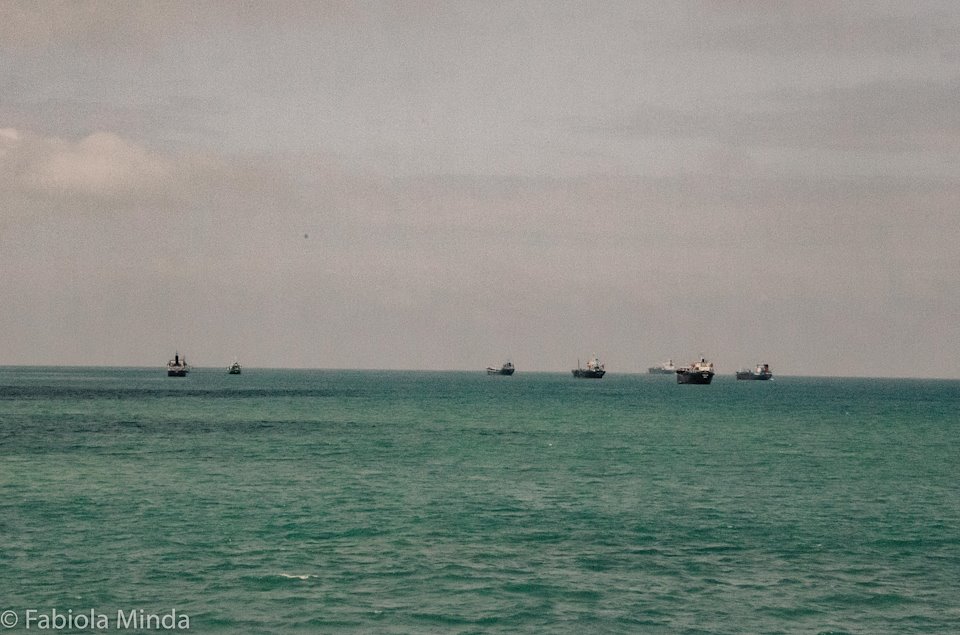
© Fabiola Minda 2019 All rights reserved
International and national ships are fishing on the horizon of Ballenita.
Even though there are laws in the Ecuadorian constitution that protects the ocean, there isn’t much control to the daily operations. Unfortunately, this scenario repeats itself around the world.
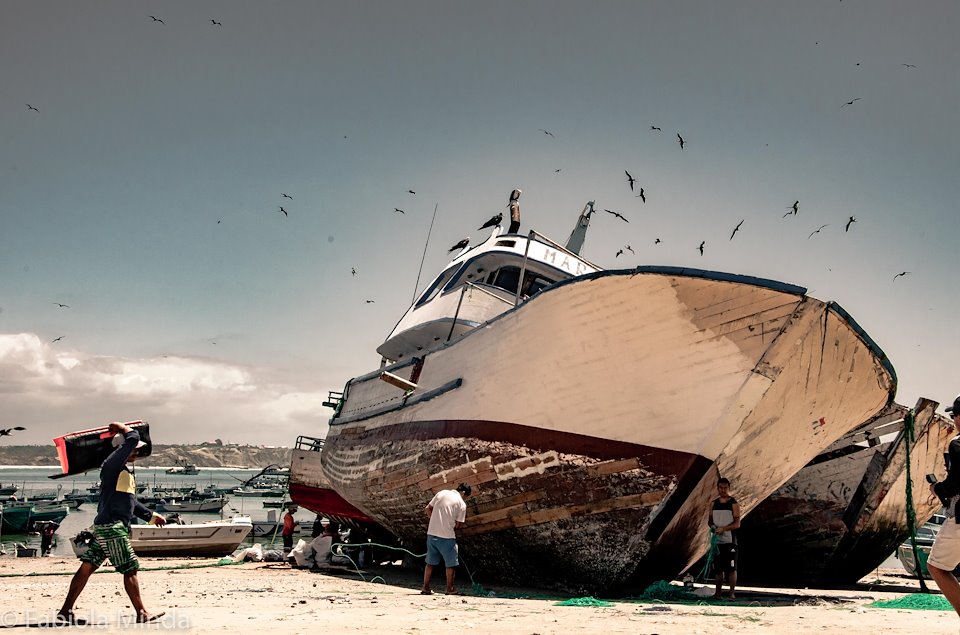
© Fabiola Minda 2019 All rights reserved
At the shore of Anconcito, many (industrial) tuna boats rest silently after some days of work.
Industrial fishing uses aggressive methods to capture fish that highly pollutes the environment, catches and kills thousands of sharks and other endangered species every month, throws constantly their operation’s trash into the sea, attent against artisanal boats, produces oil-spills.
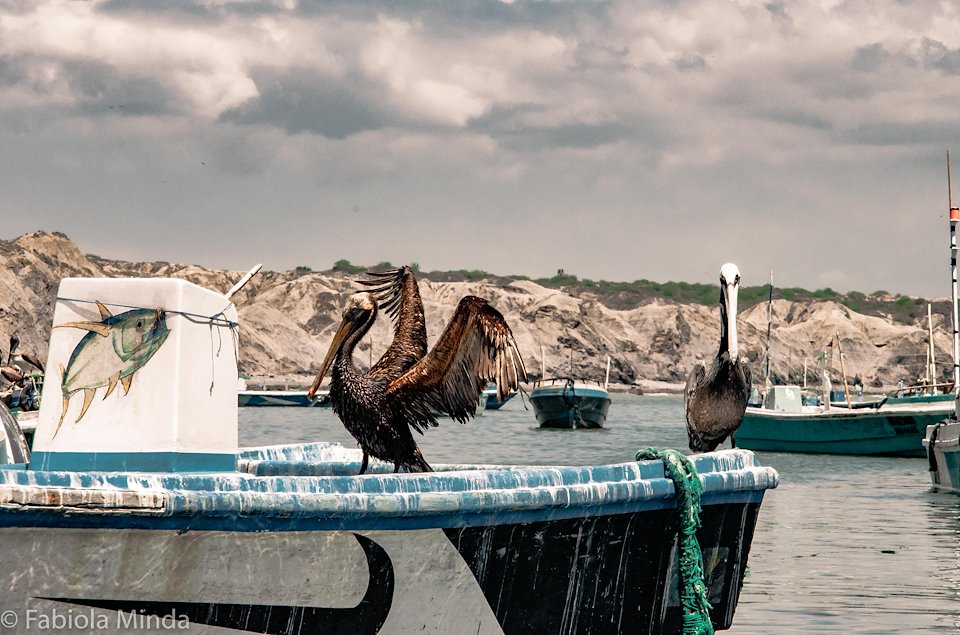
© Fabiola Minda 2019 All rights reserved
Often the big tuna boats produce oil-spills that pollutes and attempts against flora and fauna. A group of local inhabitant report that this pelican is not the only one affected. Daily, fish and other animals can die because of such actions.
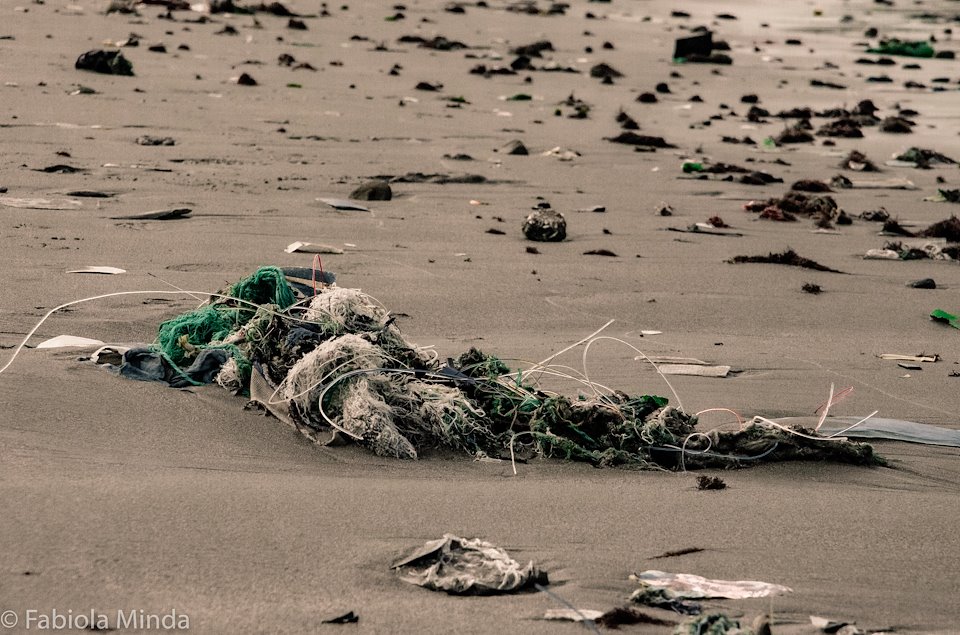
© Fabiola Minda 2019 All rights reserved
Fishing nets are abandoned daily in the ocean by industrial and artisanal fishers, polluting the ocean and the coasts.
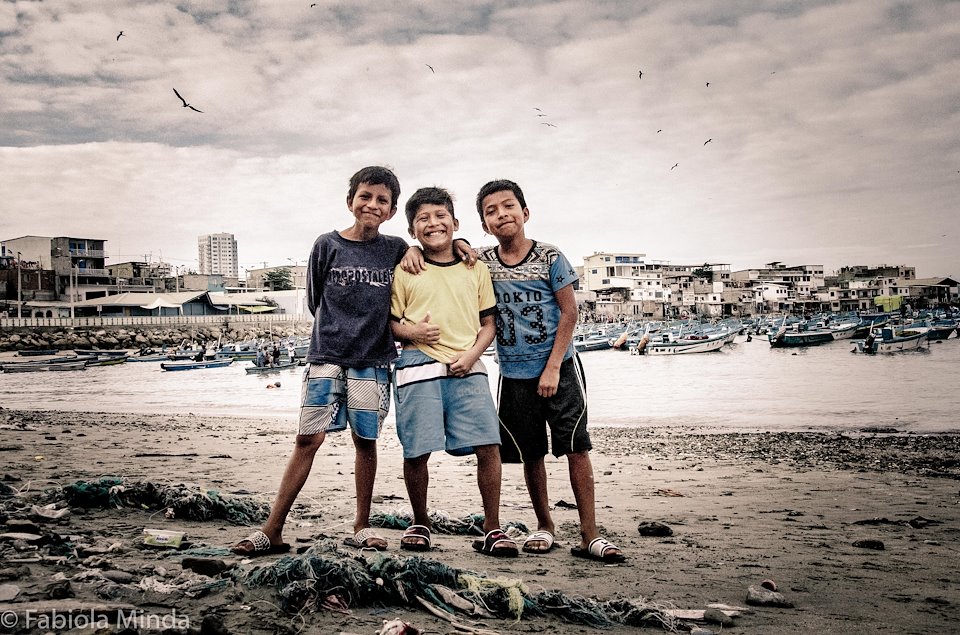
© Fabiola Minda 2019 All rights reserved
These kids are waiting for their parents to finish their work-shifts and are posing at a very polluted beach in Santa Rosa. This waste that has been taken by the waves to this shore, has been dropped directly from industrial and artisanal boats.
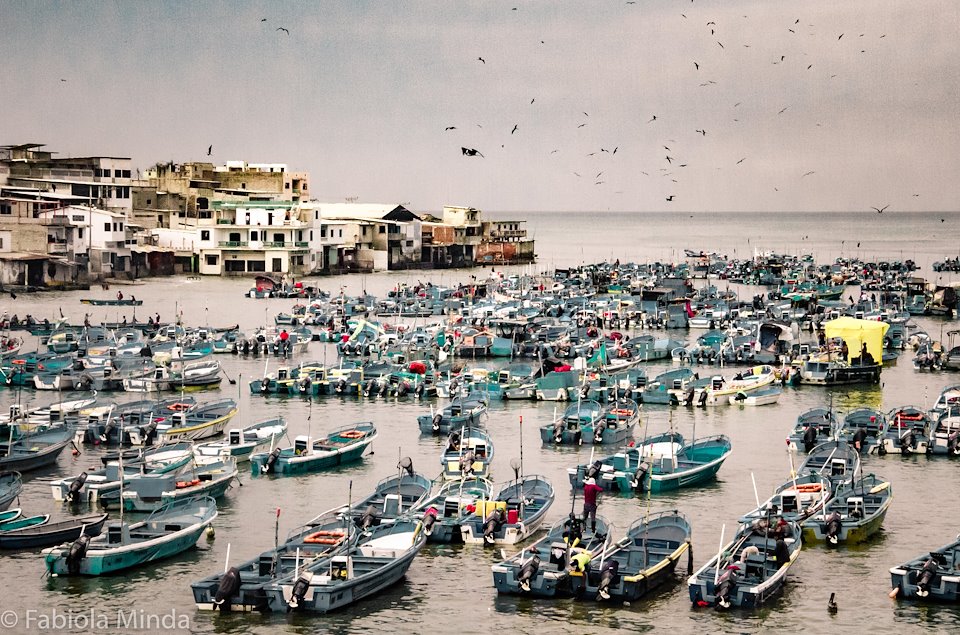
© Fabiola Minda 2019 All rights reserved
A regular early morning at Santa Rosa port where there are about 800 artisanal boats.
The number of industrial boats in the region and their impact on the environment are tremendously more.
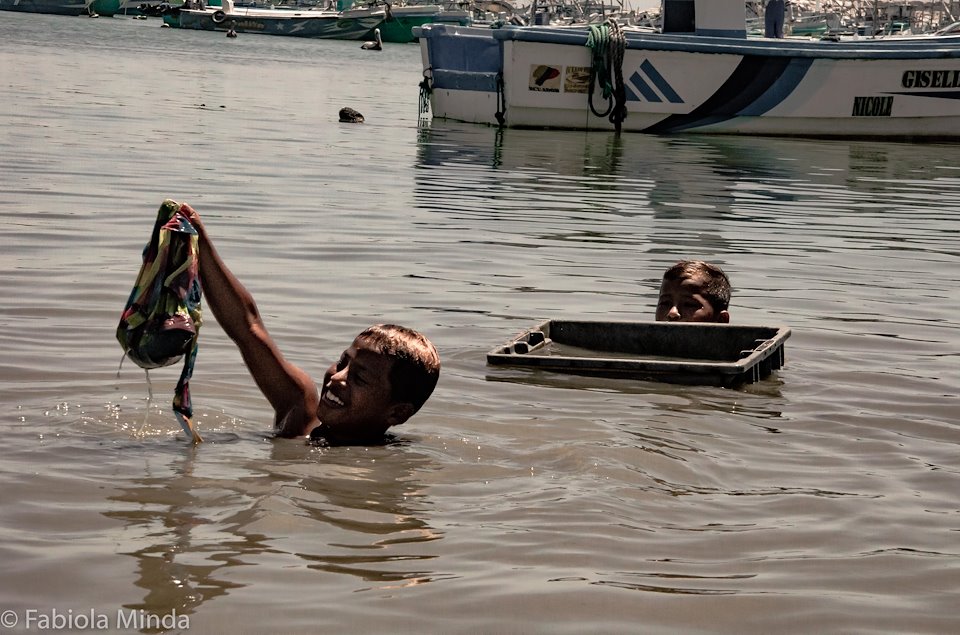
© Fabiola Minda 2019 All rights reserved
Daily trash is dumped out and enters the sea from big industrial boats and small artisanal boats.
These two kids are playing with a plastic bag that they have just found.
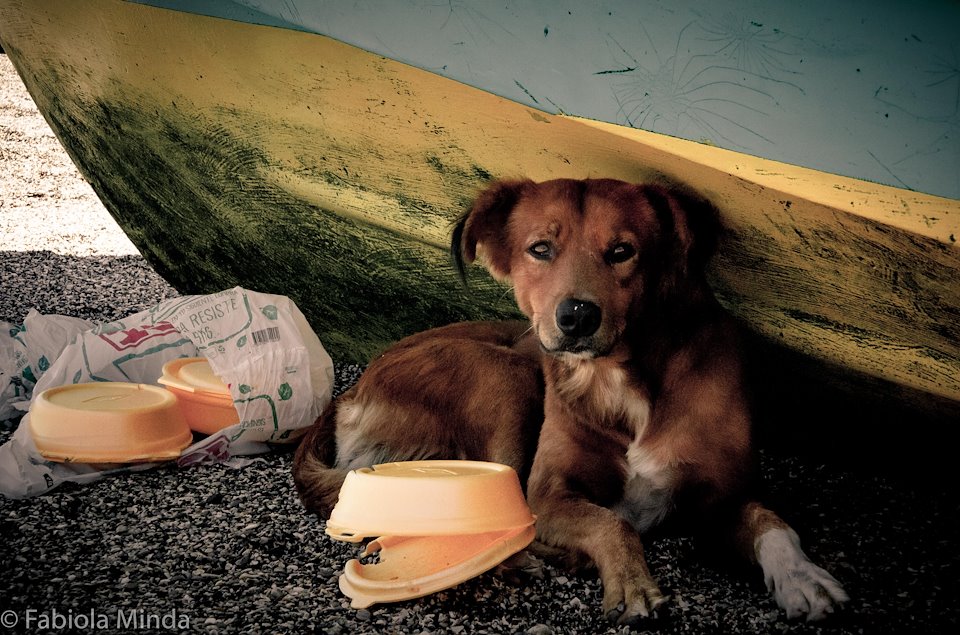
© Fabiola Minda 2019 All rights reserved
Artisanal (and industrial) fishers and other workers of the fishing chain use daily non-reusable containers that pollute the beaches where they rest in between shifts.
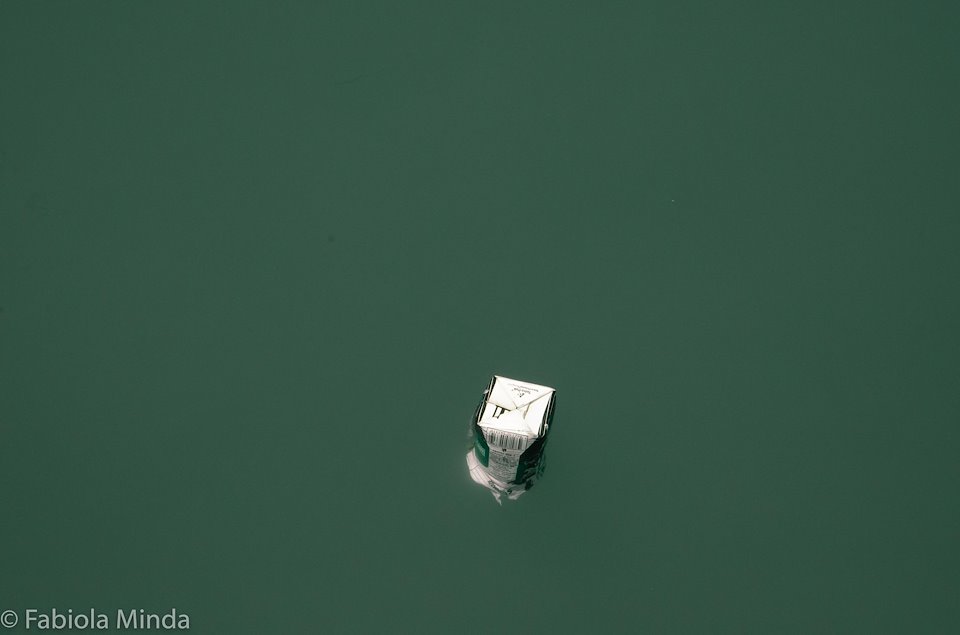
© Fabiola Minda 2019 All rights reserved
A tetrapak juice-box floats drift offshore